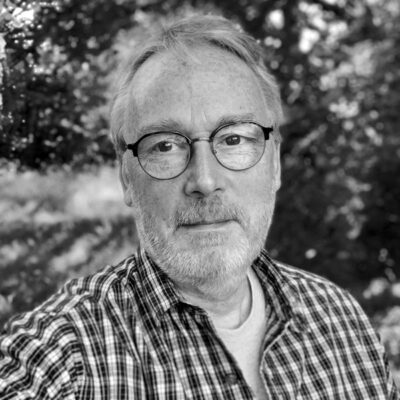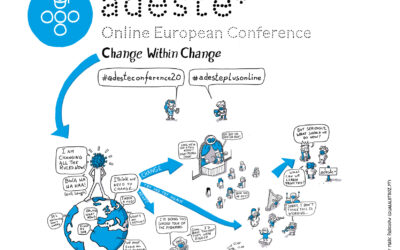Francois Matarasso
Francois Matarasso

François Matarasso is a community artist, writer and researcher. Between 1979 and 1994 he worked in theatre and visual art with communities in the UK. He subsequently began to explore the theory, experience and outcomes of people’s participation in art through research, such as Use or Ornament? (1997). His work has been widely published and translated. He has served as trustee of NESTA, Arts Council England and the Baring Foundation and held honorary professorships in the UK and Australia. He combines community arts practice with research and writing, in many countries, from Colombia to Kyrgyzstan. Between 2011 and 2015 he produced a series of short books on undervalued areas of cultural life under the collective title Regular Marvels. His latest book A Restless Art, How participation won and why it matters, was published by the Calouste Gulbenkian Foundation in 2019. He is a partner in TRACTION, a Horizon 2020 project linking community opera and digital technology.
Topics
No topics found




